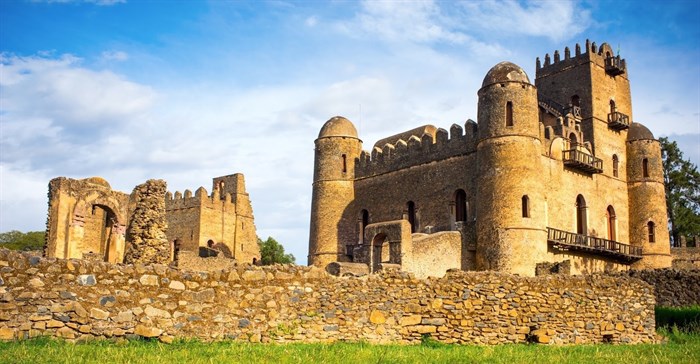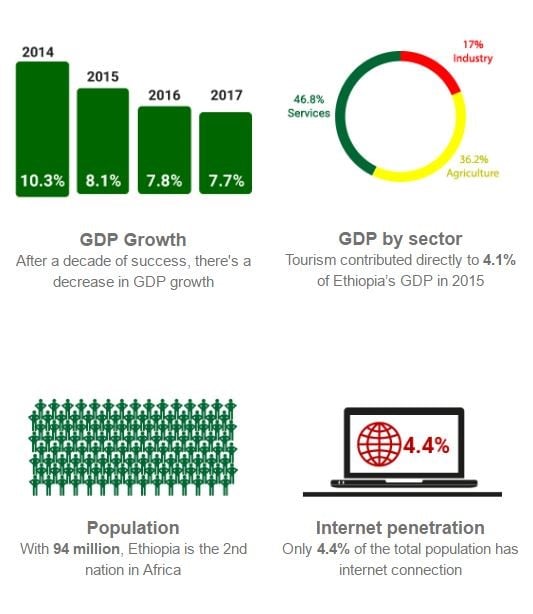
Top stories






More news


Marketing & Media
Ads are coming to AI. Does that really have to be such a bad thing?














“The country is looking for a transformational growth that will take the sector to the next level, marketing Ethiopia locally and internationally to list the country among Africa’s top five destinations. We are also shifting gear to incorporating technology into the industry,” said Solomon Tadesse, CEO of Ethiopian Tourism Corporation.
Among top challenges leading to the decline of tourist arrivals are recent safety and security concerns that have been a major setback to the country’s growing leisure and conference tourism industry. However, the sector remains resilient as the country continues working towards prioritising security to ensure the safety of visitors and citizens, as well as minimise the impact of security threats.
Paul Midy, CEO of Jumia Travel remains optimistic saying, “Challenges abound but the future is inspiring. We look forward to bringing the intended growth and progress into reality.”
The report focuses on interesting findings, indicating that although conference tourism is growing in Ethiopia, leisure spending contributes 84.4% to GDP while 15.6% is from business spending. In 2015, the direct contribution of travel and tourism to GDP was ETB 51.3 billion ($2.26 billion) - accounting for 4.1% of total GDP, and is forecast to rise to ETB 85 billion ($3.7 billion) by 2026.

In terms of hotel booking, Addis Ababa has the highest demand at 39%, followed by Hawassa at 11.2%, Bishoftu at 8.1%, and Bahir Dar at 7.5%. The majority of international arrivals are from other African countries (31%), and Europe (30%). While domestic tourism continues to gain popularity among Ethiopians (31.3%), foreign visitor spending is still higher at 68.7%.
According to Alexander Burtenshaw, the country manager of Jumia Travel Ethiopia, expansion of tourism activities has reduced Ethiopia's dependence on agriculture. “Until recently, little had been invested in mapping the country’s tourism, but the last decade has seen intensified interest from investors.”
Preferences are high for the 2 and 3-star hotels, attracting 37% and 36% of total hotel bookings respectively. Notably, a large number of customers favor online payment (59%) as compared to pay-at-hotel (41%). The rising growth of online payments can be attributed to foreign travelers who book hotels with international credit cards.
Find the full report here.
